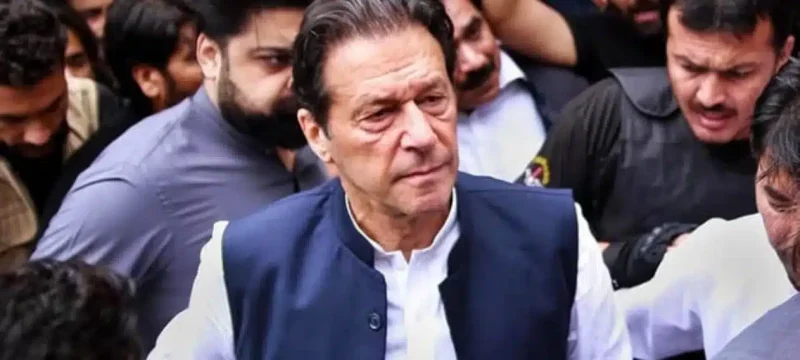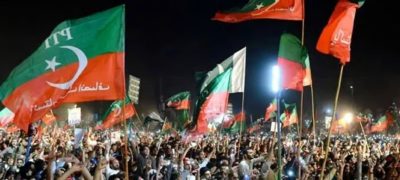A provision of sedition has been added to the challans of all the suspects, including PTI chairman and deposed premier Imran Khan, believed to be involved in the May 9 mayhem earlier this year.
SSP Investigation Lahore Dr Anoosh Masood Chaudhry said Section 120-B (punishment for criminal conspiracy) of the Pakistan Penal Code (PPC) had been imposed in all the cases including the primary one of the May 9 violence.
She added that the addition of the sedition provision was a substantial move in the ongoing legal proceedings.
Police said that despite the absence of the PTI chairman at the scene of the May 9 violent events, there was evidence of Imran inciting his activists and planning a rebellion against the State.
Also Read: Cypher case: IHC notifies FIA of Imran Khan’s bail plea
According to the police, the provision of sedition had been added after the prosecution objected to the challans.
Therefore, they added that all the objections of the prosecution had been removed before submitting the challans.
The police continued that now the challans would be submitted after receiving the report of the intelligence agencies.
The party finds itself in hot water following the events of May 9, when in an unprecedented show of vandalism, protesters allegedly belonging to the PTI, vandalised public and state properties and even attacked the General Headquarters in Rawalpindi and Lahore’s Jinnah House, where the city’s corps commander was residing.
The attacks occurred hours after the paramilitary Rangers arrested the PTI chief in the Al-Qadir Trust corruption case – later retitled as National Crime Agency £190 million scandal – on the orders of the National Accountability Bureau (NAB), from the Islamabad High Court premises.
The rioting was followed by a harsh crackdown against the former ruling party leaders and activists.
The army termed the events of May 9 a “dark chapter” and announced its intent to try the protesters under relevant laws, including two military laws — the Pakistan Army Act and Official Secrets Act.
The decision was backed by the National Security Committee (NSC) – the country’s top security panel.
It was approved by the federal cabinet wherein it was decided that the protesters who ransacked and vandalised military installations on May 9 would be tried under the Army Act and Official Secrets Act.









